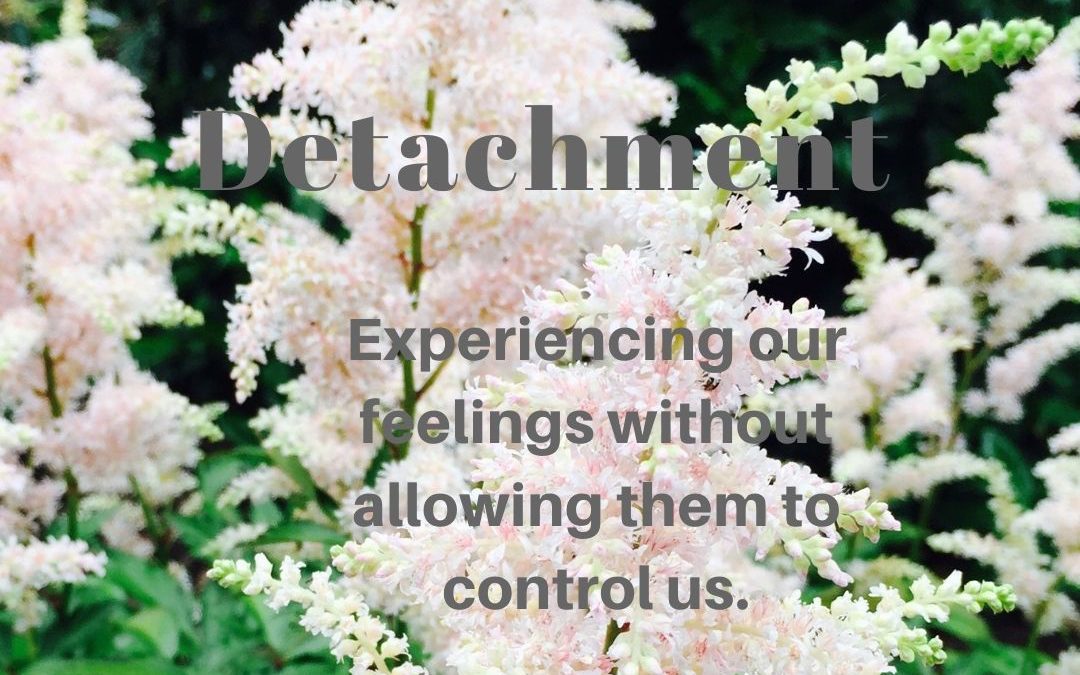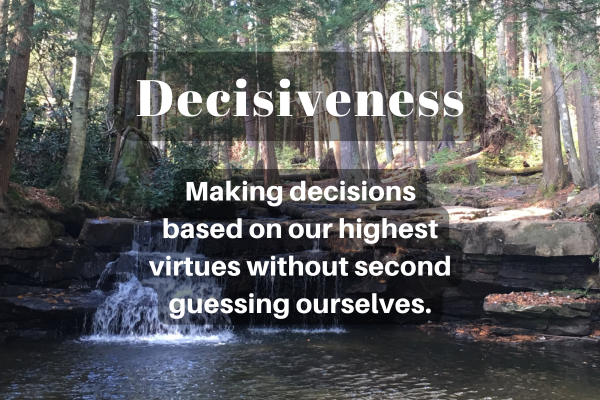
Determination
Description
Determination is a steadfast inner drive that fuels us to achieve our goals and aspirations. It is the unshakable commitment to a purpose, even when faced with obstacles, setbacks, or uncertainty. With determination, we harness our focus and energy, directing it toward the things that matter most to us. It empowers us to rise above challenges and find alternative paths when the road is difficult, maintaining our momentum and refusing to give up.
When we are determined, we do more than just set goals—we actively work toward them with patience and perseverance, trusting that success comes from persistence and effort. It’s about staying the course when things get tough, refusing to be deterred by distractions, and completing what we start. Whether in personal growth, relationships, education, or work, determination is the guiding force that propels us forward, ensuring that we continue striving until we reach our desired outcome.
This virtue is valuable in all aspects of life, teaching us the power of resilience and adaptability. With determination, we can transform dreams into realities, one step at a time.
Affirmations for Determination
1. I acknowledge my feelings without judgment.
Allowing yourself to feel emotions is the first step toward acceptance.
2. I break my goals into smaller steps.
Tackling big goals in manageable pieces prevents overwhelm and keeps you moving forward.
3. I set clear, specific goals
Knowing exactly what you are working toward gives your determination direction and focus.
4. I maintain a positive mindset.
Cultivating optimism helps you stay motivated, even when challenges arise.
5. I stay committed to my purpose
Reminding yourself of why your goal matters strengthens your resolve when the going gets tough.
6. I embrace failure as part of the process.
Understanding that setbacks are opportunities to learn helps you persevere without discouragement.
7. I seek support when needed.
Reaching out to others for encouragement or guidance keeps you grounded and focused.
8. I adapt when necessary.
Being flexible and open to new approaches ensures that you remain determined even when plans change.
9. I prioritize consistency over perfection.
Doing a little each day builds momentum and keeps you on track, even if progress seems slow.
10. I celebrate small victories.
Recognizing each accomplishment along the way boosts morale and reinforces your determination to keep going.
Quotes
“We are what we repeatedly do. Excellence, then, is not an act, but a habit.”— Aristotle
“A jug fills drop by drop” — Buddha
“We can do anything we want to if we stick to it long enough.” — Helen Keller
Determination In Family Life
Determination in family life is the commitment to nurture each other’s growth and face challenges together with persistence and resolve. For parents, it means a steady effort to guide children toward their potential, even when parenting feels overwhelming or progress is slow. It means modeling resilience by staying true to family values, working through conflicts with patience, and seeking solutions to overcome obstacles as a team.
For children, determination is the courage to try new things, practice skills, and keep going when tasks are difficult or success seems distant. It’s about learning to embrace effort, understanding that mistakes are opportunities to grow, and trusting in their own ability to achieve goals with persistence.
Together, families demonstrate determination when they set shared goals—whether it’s improving communication, supporting each other’s dreams, or overcoming hardships. They stay focused on their vision for a strong, loving family, adapting as needed and celebrating every step forward. With determination, families build a foundation of mutual support and resilience, creating an environment where each member feels empowered to thrive.
Balancing Determination
Determination, when balanced, is a powerful force that propels families toward shared goals and fosters resilience. However, it can lead to burnout or rigid persistence that disregards other needs without moderation. To keep determination in harmony, it’s essential to cultivate complementary virtues that guide its expression in a healthy, constructive way.
-
-
-
Patience: Patience tempers determination by allowing time for growth and progress without rushing or becoming frustrated.
-
Flexibility: Flexibility ensures determination doesn’t become rigid, encouraging openness to alternative paths and creative problem-solving.
-
Compassion: Compassion softens determination, ensuring kindness and understanding for oneself and others during challenging times.
-
Humility: Humility keeps determination grounded, helping family members acknowledge their limits and seek support when needed.
-
Gratitude: Gratitude balances the drive for achievement with an appreciation of what has already been accomplished.
-
Moderation: Moderation prevents overcommitment, helping families prioritize and balance determination with rest and relaxation.
-
Confidence: Confidence reinforces determination without tipping into doubt or overambition, fostering a belief in the ability to succeed.
-
Trust: Trust balances determination by reminding families to have faith in the process and each other’s contributions.
-
-
Maintaining balance in virtues ensures determination remains a positive, sustainable force in family life. By integrating complementary virtues, parents and children can work toward their goals with resilience and harmony, fostering an environment where everyone feels supported and empowered to grow.
Joe is a husband, father, grandfather, author, speaker, educator, course creator, and parent/family coach.
He helps parents develop unity, find clarity, communicate, and develop consistency in their parenting with the Four C’s of Successful Families. You can find his work on social media.
In addition, the Four C’s newsletter is enjoyed by many as it encourages parents to self-care, build their relationships with their partners, and raise their children.
And he loves to golf!




